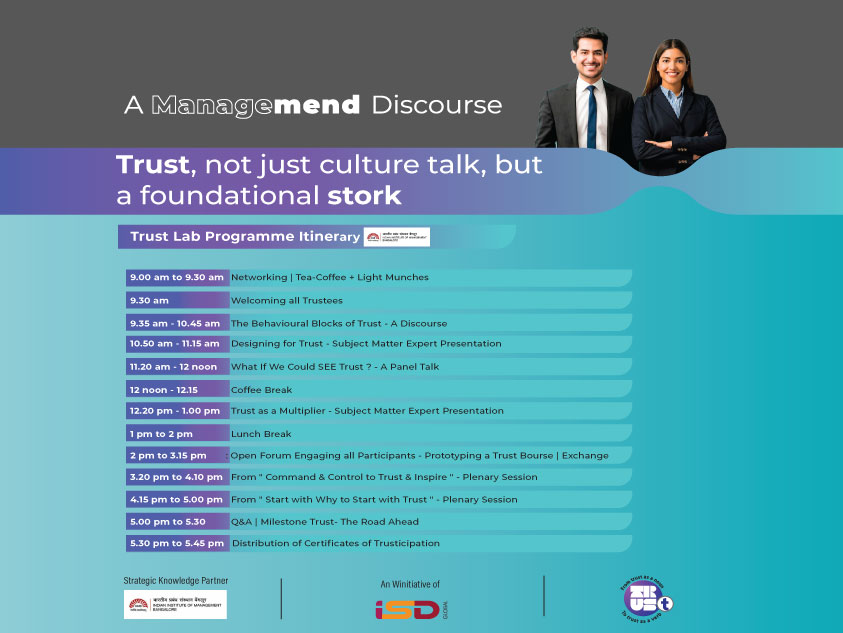Philadelphia’s Saxbys gives undergrads hands-on experience running locations near campus instead of classes for a semester—and pays them for it
John Purisima had a student job that is a typical one on American college campuses: giving admissions tours to prospective students. Last year, when the Drexel sophomore was telling a scrum of visiting teenagers and their parents about the hands-on work experience that students get managing a Saxbys coffee shop on the Philadelphia campus, he wondered why he wasn’t doing that job instead. “Giving tours wasn’t related to what I wanted to do,” the entrepreneurship major says. “I want to start my own business.”
This spring, Purisima is the student CEO at one of two Saxbys locations at Drexel, responsible for tracking inventory, managing student employees, and, ultimately, the café’s bottom line. During a six-month rotation as student CEO, he’s taking a break from his classes but earning credits and getting paid for the job (students can earn as much as $20,000 for the work, with bonuses possible as well). “When I learn something in class, I don’t know why it’s meaningful,” he says. “In this job, I use what I learn—and I know why I use it.”
That connection students make between the classroom and the real world is why Drexel’s president, John Fry, embraced the idea of the student-run café when Saxbys founder and CEO Nick Bayer approached him with the concept more than eight years ago. Fry saw it as a natural extension of Drexel’s well-known co-op program, in which undergraduates work in companies while they’re going to school. “A co-op is important, but you’re learning to work for someone,” Fry says. “This felt like a new dimension, where you’re learning to resolve your own challenges and disputes.”
Given ever-spiraling tuition prices, campuses are under pressure from parents and lawmakers alike to better prepare students for the workforce. Because fewer teenagers head off to college these days having worked in high school compared to their Gen X parents, doubts about their job readiness when they graduate with a bachelor’s degree run rampant among employers. In response, colleges are increasingly emphasizing their “experiential learning” offerings, mostly with co-ops and internships.
But fewer students have internships in college than work part-time jobs to help pay for school. Nearly 40% of full-time undergraduates younger than 24 work while going to college—with many of those jobs on campuses in the dining hall, library, or fitness center.
“Even for menial campus jobs you have to be there on time, have a boss, interact with customers—it’s more valuable than students might think,” says Andy Chan, VP for innovation and career development at Wake Forest University. Like other universities, Wake Forest is helping students better communicate on résumés and in job interviews what skills they’re learning in campus jobs, especially when it comes to the “soft skills” employers say too many college graduates are lacking: communication, problem-solving, and teamwork.
“Students check out of college because they don’t see relevance to their life,” Chan says. Surveys of students have found that when they see a connection between their job and their courses, they are more likely to stay in college and have a job afterward that is influenced by their work while in school.
In response, now more than 150 institutions have adopted a program started at the University of Iowa in 2009 called Iowa GROW (for Guided Reflection on Work), where supervisors ask student workers to reflect on how to translate and transfer the skills from the campus job and the classroom to the workforce after college. Westmont College in California created the CATLab to provide an outlet for students to work on university technology projects. The students built a new online application for admissions and a portal for campus apps, among other projects. At Creighton University in Omaha, Nebraska, business school students run the Apple authorized store on campus. Berry College in Georgia employs students in every one of its 180 departments.
At Saxbys, experiential learning in campus cafés made up about a quarter of its business before the pandemic. That’s when Bayer says he realized “the world didn’t need another coffee company,” and pushed forward with plans for the privately held company to earn B Corporation status and focus exclusively on expanding the student-run locations on college campuses. “My college jobs were meaningless,” says Bayer, who as a first-generation college graduate had no choice but to work as an undergraduate at Cornell to pay for tuition. “And no one was teaching entrepreneurship.”
In 2021, Bayer hired Liz Langemak, an administrator and former English professor from nearby La Salle University, to start tracking outcomes of student workers and develop badges to award undergraduates in specialties such as supply chain management and strategic marketing that go along with their college degrees.
Saxbys now has “experiential learning cafés” across five states, and recently opened its 18th location, this one at the University of the Arts in Philadelphia. The student CEO manages, on average, “an annualized million-dollar business with anywhere between 40 and 60 employees,” Bayer says. “They make hundreds of decisions, big and small, every day with real consequences. It’s one thing to learn in the classroom, but this is a real live business.”
Many of the students who manage the Saxbys campus-based cafés don’t plan to pursue a career in the coffee business. Rather, they see the job as providing learning skills that can be applied to a range of entrepreneurial pursuits. Kristin Vendel is a dance major at the University of the Arts and the student CEO at the new location on campus. She wants to open her own Pilates studio.
A few weeks after the café opened, Vendel made a rookie mistake: She scheduled a big delivery for the middle of the day. The staff couldn’t handle both the delivery and customers, so Vendel decided to turn off mobile ordering on the Saxbys app. The decision likely cost the store a significant number of sales. “I now know I was wrong,” Vendel said. “I’m a business minor but they never teach you these on-the-fly decisions you have to make day-to-day that sometimes you don’t get right.”
Susanna Walter was the student CEO at Penn State when she had to close the café at the beginning of the pandemic. She started working the register at Saxbys as a freshman in fall 2018. When Walter applied to college, she wanted to eventually go to medical school. She entered Penn State undecided on her major, but the job at Saxbys eventually led to her earning a degree in supply chain management. Today, she is working for Saxbys as a leadership training manager. Being CEO, she says, “built my resiliency. It gave me the confidence to cope with adverse situations and to navigate the ambiguity of what comes after college.”
Its ability to impart these difficult-to-teach skills is why when Saxbys approaches schools about opening one of its cafés on campus, executives start with academic administrators in charge of the curriculum rather than those on the business side who typically deal with outside vendors. “We’re not teaching students to pull shots of espresso,” says Langemak, the director of academic platforms. “We’re teaching students the skills to be in charge of their own careers going forward.”
—
This article first appeared in https://www.fastcompany.com/
Seeking to build and grow your brand using the force of consumer insight, strategic foresight, creative disruption and technology prowess? Talk to us at +971 50 6254340 or engage@groupisd.com or visit www.groupisd.com/story



